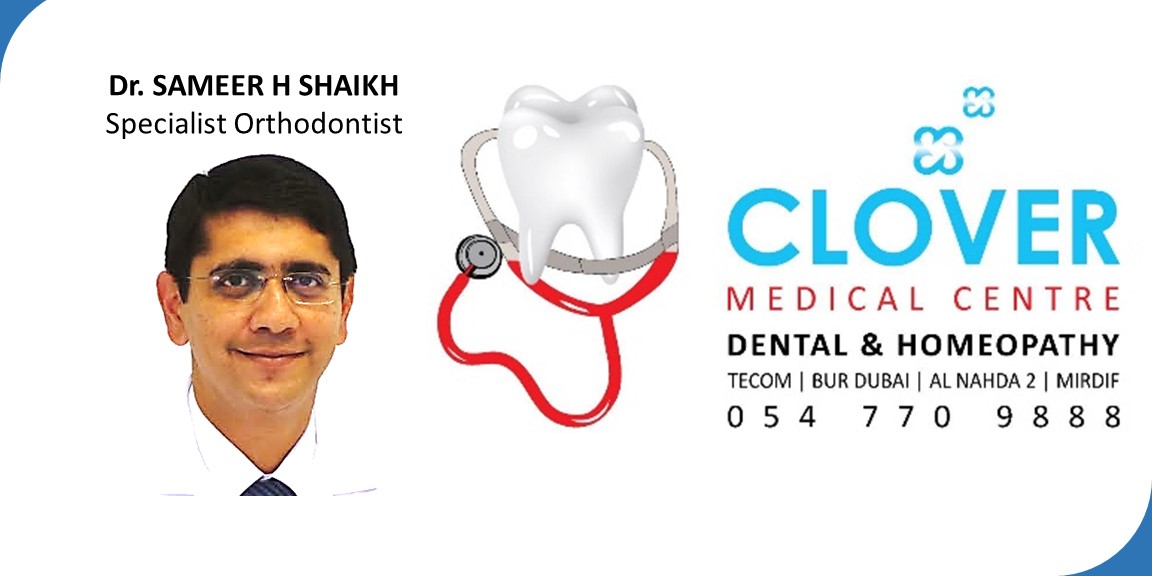Trismus is the medical term for “lock-jaw,” a condition that causes the muscles in the jaw, known as the muscles of mastication, to spasm or contract uncontrollably. Those affected by trismus typically have an inability to open their mouth, making it difficult to eat, speak, and maintain proper oral hygiene.
There are temporary and permanent causes of trismus development, however, most cases tend to fall into the former.
What causes trismus?
The muscles of mastication play an important role allowing us to chew our food. Damage to any one of these muscles can cause limitations in mouth opening and the inability to chew due to pain. This pain reflex is often referred to as “muscle guarding” and develops when the muscle fibers provoke pain when they are stretched. Pain causes muscles to contract, resulting in a decrease in range of motion that is uncontrollable by the patient.
Trismus causes include:
Infection: An infected or decayed tooth most commonly the lower third molars can cause trismus.Tetanus infection can also lead to trismus. Some other causes include parotid abcess, tonsillitis etc.
Trauma: Fractures to the jaw bones can lead to limited jaw opening with the degree of limitation depending on the type of injury and the direction of the traumatic force. Trauma can be the result of a sports injury or even the result of a difficult dental procedure such as tooth extraction.
Temporomandibular joint disorder: This disorder is characterized by excruciating pain or tenderness of your jaw. We use our jaw muscles every day to chew our food, to speak, and even simply just breathing through our mouths. All of these actions rests upon a joint called the temporomandibular joint. This sliding hinge can be the source of pain felt in the joint itself as well as the muscles that control jaw movement.
Drug therapy: Secondary effects of some drugs can lead to the development of trismus. Drugs may include succinylcholine, phenothiazines, and tricyclic antidepressants, and are considered some of the most common drug-related causes.
Radiotherapy/chemotherapy: They often cause a sore mouth which can lead to trismus.
Tumors and oral malignancies: Primary or secondary neoplastic disease in the epipharyngeal region, parotid gland, jaws, or TMJ can lead to trismus. Congenital/developmental causes: Malformations during jaw development can lead to trismus.
Symptoms of trismus
Limitations with opening the mouth bring about a host of additional complications. You are not able to chew food well, causing you to drastically change your diet, which may potentially lead to inadequate nutrition. The cause of your trismus will also bring with it additional presentations. The following are the most commonly observed trismus symptoms:
- Fever (in infections)
- Stiffness, severe or dull aching pain, tenderness or swelling in the chewing muscles
- Grating, cracking, clicking or popping sounds during the movements of the lower jaw
- Decreased range of motion in the temporomandibular joint (TMJ)
- Decreased ability to chew, talk, sing, yawn, and brush teeth
- Difficulty swallowing or choking
- Deviation of the jaw toward the affected side
- Earache, headache
- Difficulty breathing
Diagnosis of trismus
A complete medical history will be taken to assess for any possible predisposing event that may have led to trismus development. Next, a physical exam will be done on the affected area as well as an examination of the teeth, bite, and alignment of the jaw joints. A measure of how much you can open your mouth will also be taken
Your doctor may feel the need to order imaging in the form of a CT or MRI. A tomography, a type of x-ray, may also be done to assess cross sections of the jaw area.
Treatment for trismus
Trismus treatment will depend on the underlying cause and usually needs to be implemented in a timely fashion before the condition worsens. Mild cases of pain and dysfunction can be managed with heat therapy, analgesics, muscle relaxants, and a soft diet if necessary until an examination can be scheduled. These are the most common initial trismus treatment guidelines.
Heat therapy consists of placing a moist hot towel on the affected area for about 15 to 20 minutes every hour. Medications such as aspirin and other anti-inflammatories can be helpful in cases of trismus. For intense pain and discomfort, the use of narcotic analgesics may be used at the discretion of the prescribing physician.
When the acute phase is over, patients are advised to initiate physiotherapy for opening and closing the jaws. Chewing sugarless gum is another way of providing lateral movement of the temporal mandibular joint. Cases of painful infected teeth should be taken care of by a dentist.
